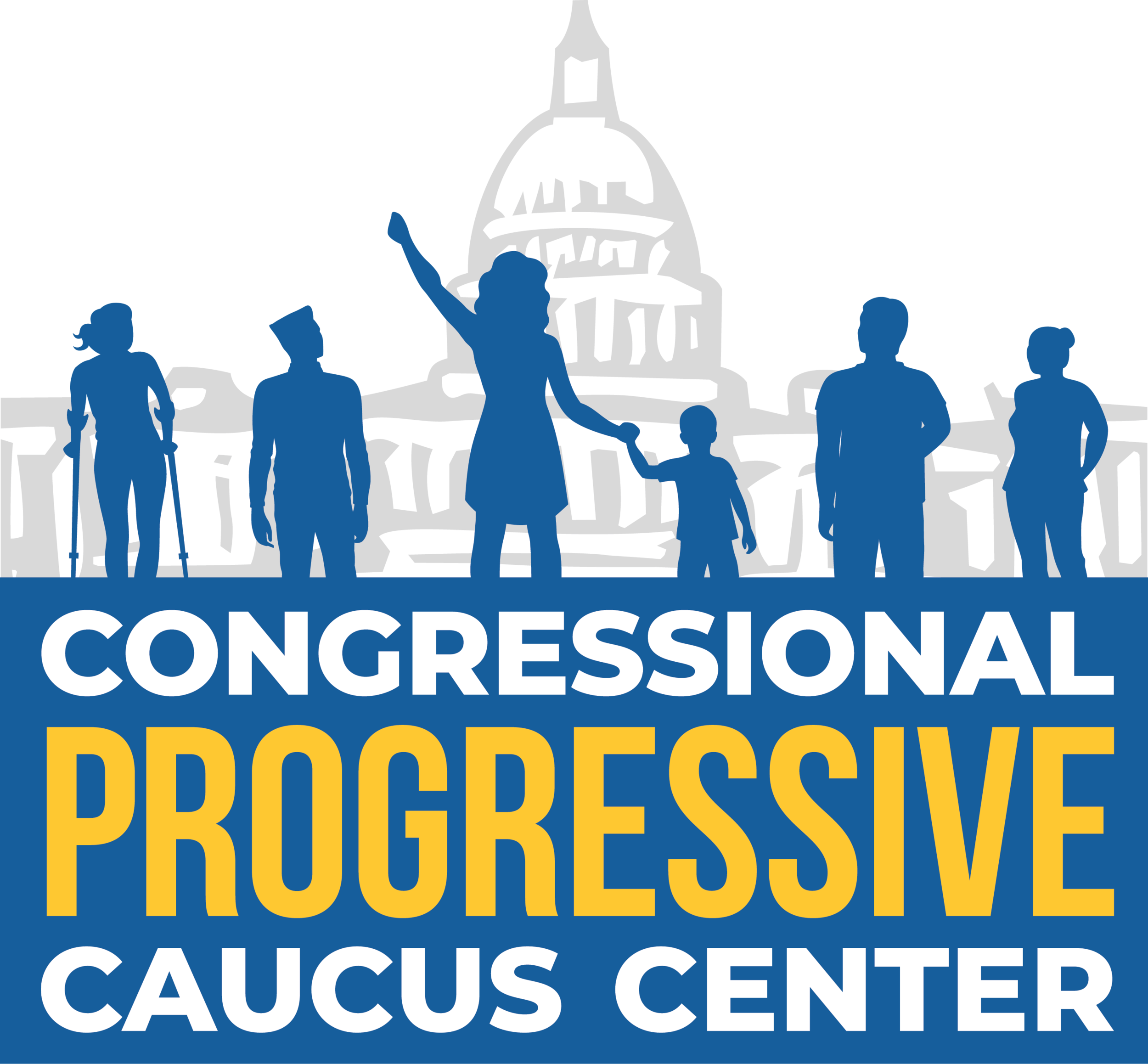March 4, 2024: What You Need to Know about FY2024 Appropriations
Congress has released the first of two spending packages that will fund the government for the rest of Fiscal Year (FY) 2024. The first package, Consolidated Appropriations Package, 2024, contains the following six appropriations bills:
Agriculture, Rural Development, Food and Drug Administration (Agriculture-FDA)
Commerce, Justice, Science, and Related Agencies (Commerce-Justice-Science)
Energy and Water Development and Related Agencies (Energy-Water)
Interior, Environment, and Related Agencies (Interior)
Military Construction, Veterans Affairs, and Related Agencies (Mil.Con.-VA)
Transportation, Housing and Urban Development, and Related Agencies (T-HUD)
This explainer outlines the Consolidated Appropriations Act of 2024 and Congress’ anticipated next steps. Check out our Unrig the Rules page for more information about the negotiations that led to this package.
FY2024 Topline Numbers
Defense spending for FY2024 totals $886 billion, and nondefense spending totals $773 billion. That represents a $26 billion bump for defense spending and a $4 billion cut for nondefense compared to FY2023 (see Table A below). These totals are not new: they reflect Congress's previous agreements in the Fiscal Responsibility Act (FRA) and this January.
Table A: FY2023 vs. FY2024 Toplines
FY2024 Subcommittee Totals
Table B below outlines the funding totals within the package's six appropriations bills. Total funding in the Energy-Water, Mil. Con.-VA and T-HUD bills have all increased relative to FY2023. Commerce-Justice-Science and Interior funding decreased, while Agriculture-FDA funding remained relatively unchanged.
However, these totals do not reflect notable funding changes for specific programs. For example, despite total funding under the Agriculture-FDA bill remaining largely flat, the bill provides an extra $1.3 billion for the Special Supplemental Nutrition Program for Women, Infants, and Children (WIC). Without this funding boost, the program was expected to deny benefits to an estimated 2 million parents and children this year.
Table B: FY2023 vs. FY2024 Subcommittee Totals
Policy Riders
Members of Congress routinely seek to insert pet provisions into appropriations bills that restrict federal funding or prohibit federal agencies from taking certain actions. Such provisions are often called “riders,” as they “ride” into law as part of a larger initiative. Stakeholders often distinguish between “legacy” riders that appropriations bills have carried for years and new, partisan “poison pill” riders. The Consolidated Appropriations Act of 2024 includes legacy riders like the prohibition on closing Naval Station Guantanamo Bay.
House Republicans included more than 560 “poison pill” policy riders in their draft FY2024 appropriations bills, according to the Clean Budget Coalition. GOP-backed riders curtailed popular protections for access to abortion and contraceptives, same-sex couples, clean air and water, and other provisions House Democratic appropriators pledged to oppose. In contrast, the Senate’s FY2024 appropriations bills garnered nearly universal bipartisan support.
The bill rejects most of the far-right riders House Republicans proposed. However, some remain, including:
Restricting the VA’s ability to share information with a federal gun registry when veterans may pose a threat to themselves or others;
Requiring the Energy Secretary to sell a portion of the Strategic Petroleum Reserve and deposit the proceeds to the Treasury;
Prohibiting Department of Transportation funds from being used to enforce a COVID-19 mask requirement; and
Barring requirements that motor carriers register an apprenticeship with the Department of Labor to participate in the safe driver apprenticeship pilot program, as well as barring requirements to use inward-facing cameras.
Earmarks
Community project funding, better known as earmarks, brings federal money to projects in Members’ districts. While the package does not include GOP-proposed riders curtailing protections for LGBTQIA people, it does fail to meet two related earmark requests. It does not include the full funding amount Rep. Brendan Boyle (D-PA) requested for an LGBTQIA center in Philadelphia, and the bill does not include funding Rep. Chrissy Houlahan (D-PA) requested for an LGBTQIA center in Greater Reading. A complete list of projects included in the final bill is available here.
Other Provisions
The package includes miscellaneous health care-related provisions, including:
A roughly 10 percent funding boost for community health centers through the end of the calendar year;
A permanent extension of Medicaid coverage for medication-assisted treatment for opioid use disorders; and
Reducing a pay cut for doctors participating in Medicare from 3.4 percent to about 1.7 percent.
Next Steps for FY2024 Appropriations
Congress must vote on the Consolidated Appropriations Act of 2024 by March 8 to avoid a partial government shutdown. The House plans to vote on this bill under “suspension of the rules” on March 6, giving the Senate two days to pass it. The suspension process allows bills to advance without a separate “rule” vote to start debate. However, it requires ⅔ support for legislation to pass—290 of 435 Members. Even if all 219 Republicans support a bill, it still needs 71 Democratic votes to pass under suspension. Given numerous House Republicans’ tendency to oppose any spending bills, they will likely need a larger number of Democratic votes.
Congress will vote on the remaining six appropriations bills before March 22:
Defense
Financial Services and General Government (FSGG)
Homeland Security
Labor, Health and Human Services, Education, and Related Agencies (Labor-HHS)
Legislative Branch (Leg. Branch)
State, Foreign Operations, and Related Programs (SFOPS).
Check out the CPC Center’s Unrig the Rules page for more information about the FY2024 appropriations process.



